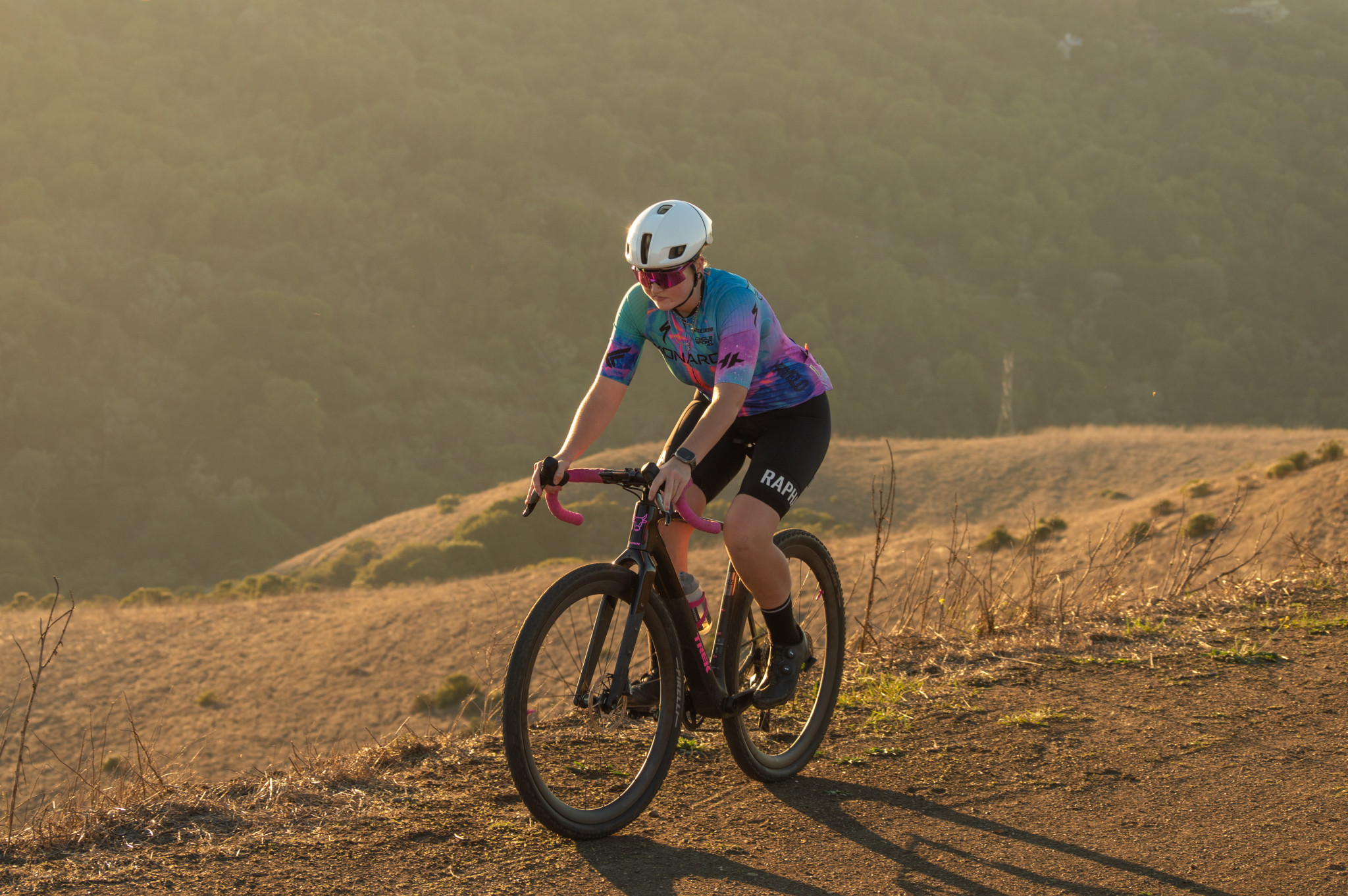In the vast and rigorous trail climbs nestled among the Tilden Hills, some Berkeley High School students are taking to the outdoors on their gravel bikes. Beyond the more familiar styles of cycling such as mountain and road biking, gravel biking offers the unique experience of further adventures and a focus on precise technical skills.
Gravel biking is a form of cycling which blends the sports of mountain and road biking. This ideal mesh of cycling has created a sport which holds a great appeal to many riders due to the gravel bike’s flexibility to excel on the smooth tarmac of a road and also withstand the jagged terrain of the wilderness. These factors have led to the rapid rise of popularity in the sport. A 2023 report by the cycling magazine Velo on data from the athletic tracking app Strava stated that gravel riding grew by 55 percent globally between 2022- 23.
“I think there’s potential and think it’s still kind of making its way up. A lot of bike companies are now pushing gravel bikes like it’s the big thing,” Jayce Cooper, a BHS junior and gravel biker, said.
In the sport of gravel biking, there are many different types of riders. For Cooper, gravel biking is not only an alternative to balance the training of mountain biking and road cycling, but it is also a competitive sport.
As a member of the BHS mountain biking and Monarch Road Race Team, a competitor at the Gravel National’s, and racer on the Dirt Camp Racing Team, Cooper has had the opportunity to participate in several gravel races. “I think it’s really fun because it’s a test of your endurance physically, but also mentally. You’re out there for five to nine hours, depending on the race and so I think it’s really a good test of how you are all around as a racer ... I think a lot of gravel racing is really pushing what’s possible for bike racers,” Cooper said.
Similarly to Cooper, BHS senior and mountain biker Sofia Tripcevich has participated in a couple gravel races, although Tripcevich views the sport as a fun outlet to complement her mountain biking. Tripcevich is drawn more to the appeal of longer rides and the tight-knit community the sport offers and is less focused on the races. “I’ve done a couple races, but I don’t do very many races because they’re not as organized as other kinds of biking … the community is really good and the races are really fun, as opposed to mountain biking or road where it can sometimes get pretty serious,” Tripcevich said.
One major advantage of gravel bikes is their ability to handle longer and more rigorous rides. This versatility has led to gravel bikes becoming very dominant and popular in the bikepacking scene.
“(Gravel bike) tires are smaller and there’s less suspension, so that means that you can ride on the road. But, because of the thick tires, you can still go off-road and be away from civilization and it enables you to go a lot farther than on a heavier mountain bike,” Mackoy Sandford, a BHS sophomore mountain biker and avid bikepacker, said.
For Sandford, owning a gravel bike has allowed him to combine his passions for biking and camping, as well as experience everlasting adventures with friends. “You can always try something new and combine different things, so you don’t always need to just do one certain type of riding. Just go out and try out gravel biking or any other style of biking,” Sandford said.





